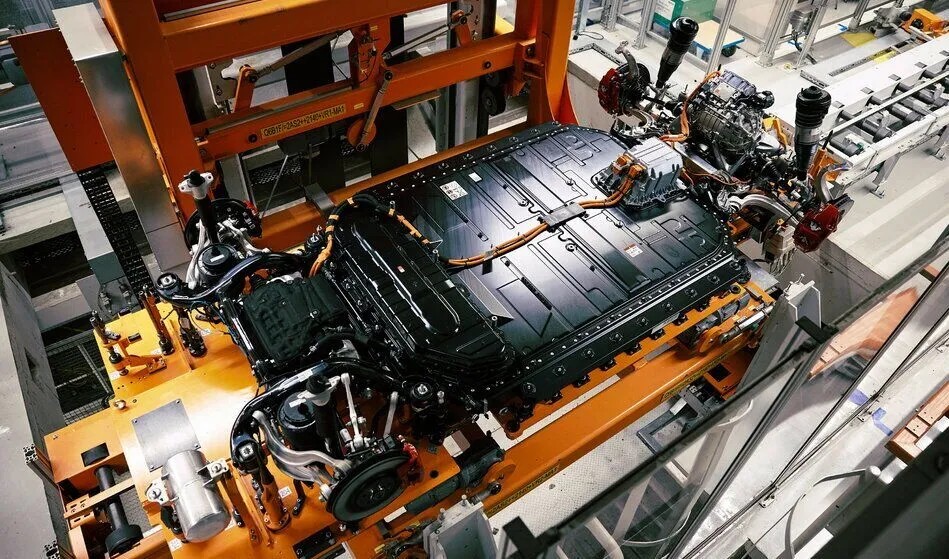Introduction
As electric vehicles (EVs) and China EV chargers become increasingly common, one of the most frequently asked questions is: How long do electric car batteries last? The battery is the heart of an EV, responsible for powering the vehicle and ensuring optimal performance. With rapid advancements in battery technology, EVs are increasingly recognized as a sustainable alternative to traditional gasoline-powered cars. In this article, we’ll explore the typical lifespan of electric car batteries, the factors influencing their longevity, and tips to help prolong battery life.
Electric Car Batteries
How Long Do Electric Car Batteries Last?
On average, electric car batteries last between 10 and 20 years. For perspective, the average age of cars on American roads is about 12.5 years. While most EV manufacturers offer warranties of around 8 years or 100,000 miles, many batteries last much longer with proper care. Improvements in battery chemistry and design are steadily increasing their durability, making EVs a more practical long-term investment.
What Affects the Lifespan of Electric Car Batteries?
1. Battery Chemistry
The type of lithium-ion battery used significantly impacts lifespan. Common chemistries include nickel-cobalt-aluminum (NCA) and lithium-iron-phosphate (LFP), each with different degradation rates and durability. All lithium-ion batteries lose capacity over time, but the rate varies depending on the battery’s composition, charge cycles, and usage patterns.
2. Driving Habits and Usage
Driving style plays a crucial role. Frequent aggressive acceleration, hard braking, or driving in hilly or mountainous terrain puts extra strain on the battery, accelerating wear. Conversely, consistent moderate driving helps preserve battery health.
3. Temperature
Extreme temperatures—both hot and cold—can harm battery longevity. High heat speeds up chemical degradation inside the battery, while cold reduces battery efficiency, forcing it to work harder. Most EVs have thermal management systems to regulate battery temperature, but prolonged exposure to extreme climates still negatively impacts battery life.
4. Weight
Electric vehicles tend to be heavier than gasoline cars because of their large batteries—typically weighing around 1,000 lbs. While heavier batteries store more energy, which can extend driving range and potentially battery life, the additional weight also demands more power, which can affect longevity and efficiency.
How to Prolong EV Battery Lifespan
Maximizing battery lifespan requires mindful habits and regular maintenance. Here are some practical tips:
- Avoid Charging to 100% Regularly
- Lithium-ion batteries last longest when kept between 20% and 80% charge. Charging to full capacity often stresses the battery and accelerates degradation. Reserve 100% charges for long trips.
- Park in a Garage or Shaded Area
- Protect your EV from temperature extremes by parking in a garage or shaded spot. This helps prevent battery strain from overheating or freezing.
- Avoid Aggressive Driving
- Rapid acceleration and hard braking consume battery power quickly and increase wear. Maintain steady speeds and use regenerative braking to recover energy and reduce battery strain.
- Follow Manufacturer Charging Guidelines
- Stick to your EV maker’s recommended charging practices. Many suggest slower Level 2 charging at home instead of frequent use of fast chargers, which can stress the battery.
- Use Regenerative Braking
- This feature converts braking energy back into electrical energy to recharge the battery, reducing overall wear and prolonging battery life.
Conclusion
Electric car batteries are engineered to last 10 to 20 years, often outliving many traditional gasoline vehicles. By understanding the factors affecting battery life—such as chemistry, driving style, temperature, and charging habits—EV owners can maximize battery longevity and enjoy a more sustainable, cost-effective driving experience. As battery technology continues to evolve, future EVs will offer even longer-lasting, more reliable power solutions, helping to drive the transition to cleaner transportation.Know more about Google SEO Directory





Comments